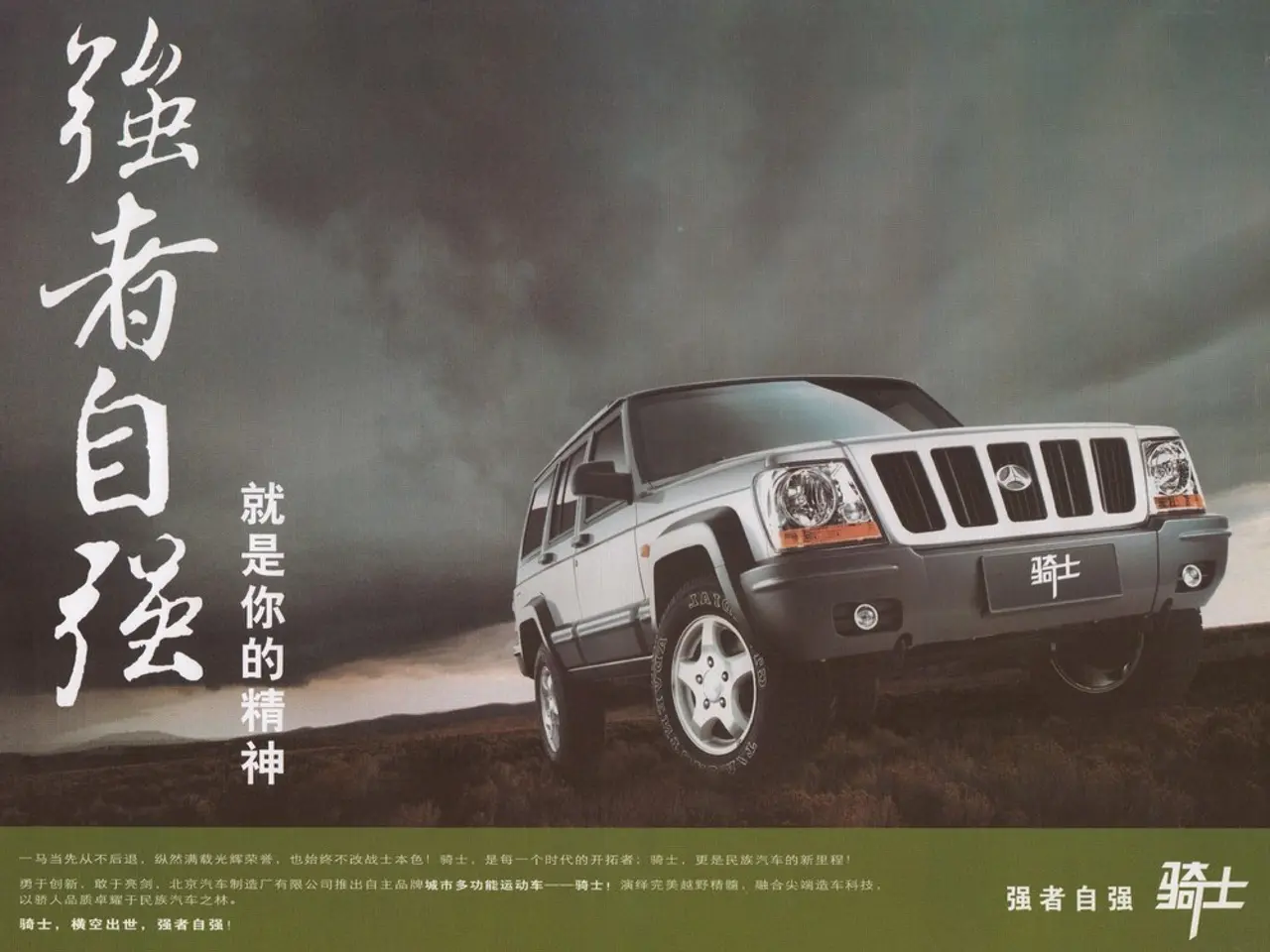Trump's tariff doubts prompted Vietnam to distance itself from China, but this separation proved to be temporary.
Vietnam's manufacturing sector is experiencing significant growth, with foreign direct investment (FDI) playing a key role. In the first half of 2025, the sector grew by 10.11%, attracting $21.5 billion in FDI, reflecting investor confidence despite geopolitical tensions [1].
A significant portion of this investment comes from China, which continues to be a major supplier of components for Vietnam. However, the reliance on Chinese inputs has created risks, as many final assembly operations in Vietnam use upstream components imported from China. This could potentially classify products as Chinese transshipments, subjecting them to high U.S. duties unless Vietnam can prove origin through enhanced customs oversight and digital traceability [2].
Despite these challenges, Vietnam's manufacturing model remains robust. The country's workforce is young, tech-literate, and labor is relatively cheap. This has attracted major manufacturers such as Apple, with CEO Tim Cook stating that Vietnam will produce "almost all" of its iPads, MacBooks, watches, and AirPods for the American market [5].
However, U.S. tariffs related to supply chain rules are affecting Vietnam’s manufacturing model. To mitigate this risk, efforts are underway to renegotiate trade agreements and improve local content [3]. The government also aims to increase manufacturing’s share of GDP to 30% by 2030 through investments in high-tech, green manufacturing, and workforce skills [1].
Infrastructure projects are also being planned to improve logistics. For instance, KCN Vietnam, a factory renter, plans to more than double its industrial sites in Vietnam by 2028 due to customer demand [6]. BW Industrial, a logistics and industrial property developer, has leased more than 84% of its planned space for the year within the first five months of 2025 [6].
Moreover, customers are signing five-plus year contracts with KCN Vietnam, indicating a long-term investment in the country [6]. These developments suggest that despite the challenges, Vietnam is positioning itself as a key manufacturing hub, influencing the global supply chain.
However, Vietnam is under growing pressure to prove supply chain origins and reduce overreliance on Chinese inputs [1][2][3]. This is a complex issue, as China continues to see long-term business opportunities in Vietnam [4]. The balance between these dynamics will be crucial in shaping Vietnam's manufacturing future.
References:
- Vietnam's manufacturing sector grows, fueled by FDI
- U.S. tariffs pose challenges for Vietnam's manufacturing sector
- Vietnam aims to diversify sourcing and strengthen domestic value addition
- Vietnam maintains tariff exemptions or reductions to attract FDI
- Apple to produce 'almost all' of its iPads, MacBooks, watches, and AirPods in Vietnam
- KCN Vietnam and BW Industrial see strong demand for industrial space in Vietnam
- Microsoft, a leading global tech company, acknowledges Vietnam's manufacturing sector as a promising destination, considering its significant growth and favorable business environment.
- In the realm of politics and international trade, talks are underway to renegotiate agreements aiming to increase local content and reduce reliance on Chinese inputs in Vietnam's manufacturing sector, a move that could potentially impact general news and the economy.
- Education and self-development institutions in Seattle, USA, may consider Vietnam as a case study for its innovative manufacturing model and its ability to attract major tech companies like Amazon, Apple, and Microsoft, making it a key player in the global technology arena.
- Government initiatives in Vietnam, such as investing in high-tech, green manufacturing, and workforce skills, have sparked an interest in the Seattle-based tech giant Amazon, which might consider expanding its operations in the region.
- The economic influence of Vietnam's manufacturing sector expansion and its implications for global trade and politics extend beyond its borders, making it a topic of interest in general news and economic conversations in cities like Seattle, Washington.




